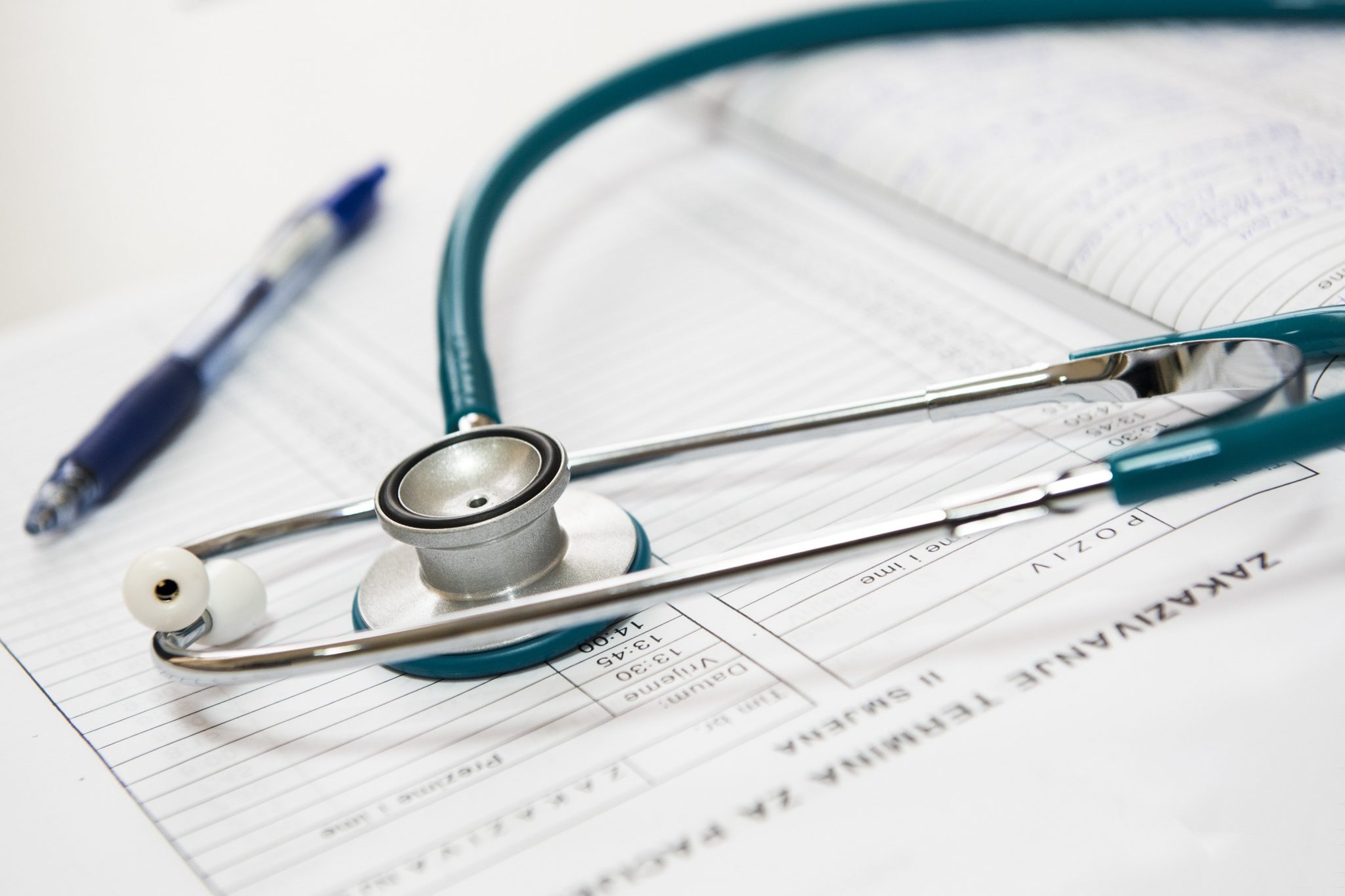

It’s that time of year again when all parents are busy settling their children back into school! First term highlights the start to another full year of growth, learning and development for your children.
To help our kids maintain concentration, keep their tummies full and have the energy to play at recess and lunch, it is extremely important we provide them with a nutritious and exciting lunchbox every day!
To help you out, we have put together some handy hints to help you plan and prepare a healthy, balanced lunchbox for your children.
Healthy Hint 1: We have 5 main food groups that we should eat from every single day
Try to include at least one serve of each of these foods in your child’s lunch box daily:
- Fruit – 1 piece of fruit, puree pack/fruit snack pack, cherry tomatoes, small handful of sultanas/dried fruit etc.
- Vegetables – Carrot and celery sticks, lettuce or cucumber in a sandwich, sweet corn in a salad etc.
- Dairy – Tub of yoghurt, cubed cheese or sliced cheese in a sandwich, milk etc.
- Protein – Chicken, ham, turkey, beef in a sandwich/wrap, handful of nuts, tuna etc.
- Grains and Cereals – (Wholemeal/multigrain options recommended).
Bread, bread roll, crackers, pasta salad, muesli bar etc.
Happy Hint 2: Include lots of variety
Kids love colour so try to include as many different colours as you can in their lunchbox. Try to give them different foods during the week and cut foods into different shapes to keep it interesting.
Hydration Hint 3: Hydration is key for concentration
Always ensure to send your child off to school with a water bottle. Try freezing it overnight and packing it in the lunchbox to keep your child’s lunch cool, or you can use it instead of a freezer block for good food safety!
Helpful Hint 4: Encourage kids to join in on making their own lunch
Get the kids involved in choosing/preparing/cutting/peeling the foods. Research shows this increases the likelihood of children eating healthy foods. This will also help them learn to appreciate the time it takes mum and dad to make their lunch every day!
Hero Hint 5: Set a good example
If kids see you setting great example and eating these healthy foods/putting them in your work lunch box too, they will be much more inclined to give it a go and enjoy the foods you provide.
As children spend a large portion of their day at school, their lunch box is a great opportunity to get them eating lots of healthy, nourishing foods to help them perform their best at school. If you have any questions, queries or your own wonderful lunchbox ideas please comment below!
For other great tips for packing healthier lunchboxes and more information check out:
- https://healthy-kids.com.au/10-great-lunch-box-ideas/
- https://www.betterhealth.vic.gov.au/health/healthyliving/lunch-boxes-healthy-ideas
- http://healthy-kids.com.au/10-great-lunch-box-ideas/



